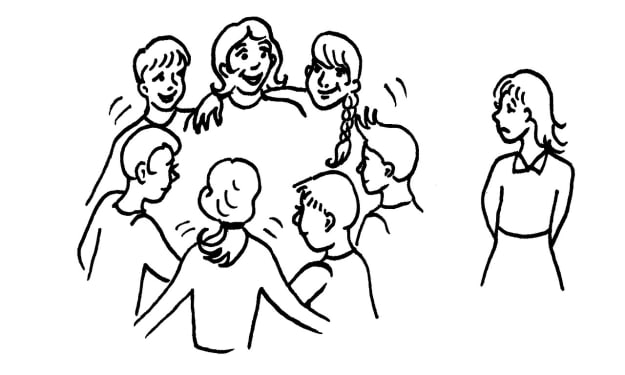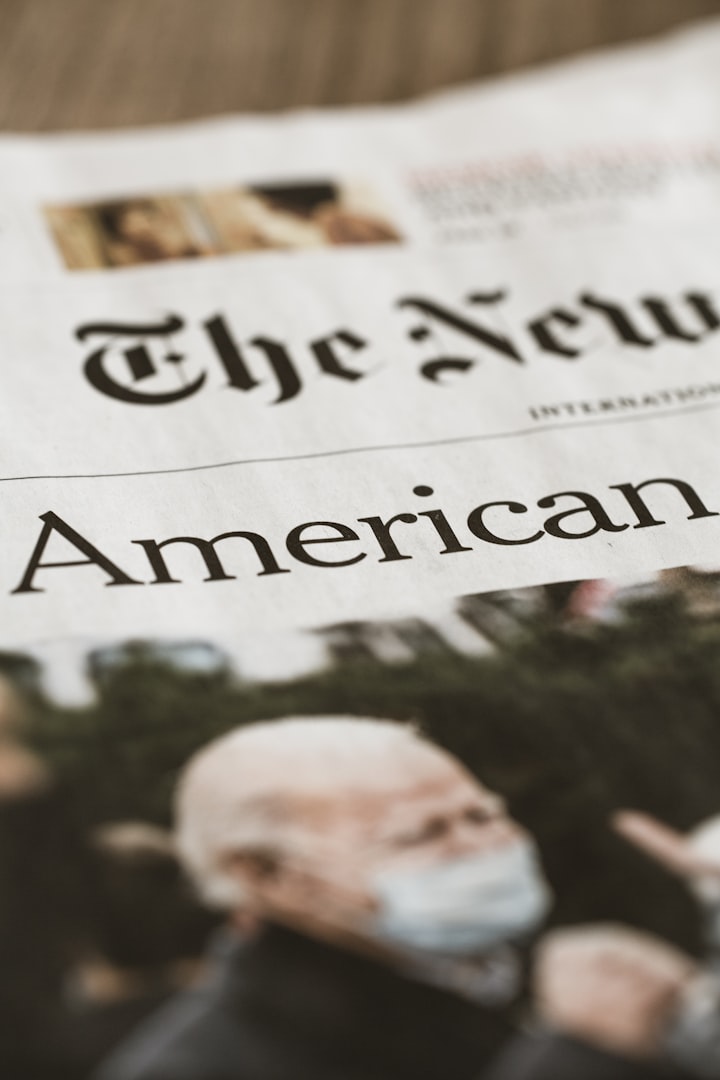
Banned books has always been a subject that fascinates me. Some are banned for truly ludicrous reasons, like the previous banning of Alice in Wonderland in China's Hunan province (circa 1931) for "displaying anthropomorphised animals acting on the same complexity level as humans." Censor General Ho Chien believed, at the time, that it would teach children to view animals and humans on the same level, with "disastrous" consequences. Some, like The Diary of a Young Girl by Anne Frank, are banned for downright offensive reasons (banned in Lebanon for portraying Jewish people in "too favourable a light").
However, in a world becoming increasingly obsessed with political correctness (while still somehow rife with white supremacist groups and racially motivated assaults), book banning is becoming more harmful than before.
I'm talking about the recent (like, two days ago) banning of Harper Lee's classic novel To Kill a Mockingbird by a Mississipi school board due to reports of its content making some readers uncomfortable. It felt like I'd stepped in to a time machine and come out in the late fifties when I read the news — it just seemed like such an antiquated headline! The book is still available in the school library, but is no longer taught in the Language Arts curriculum.
To Kill a Mockingbird is a Pulitzer Prize winning 1960s novel that primarily touches on the themes of racial inequality in the American Deep South, and the destruction of young innocence, but also highlights the importance of courage and compassion while addressing gender roles at the time and class differences. Set in the 1930s, Lee obviously includes common (at the time) derogatory terms for African Americans, as well as a same-sex rape scene, which still causes controversy to this day.
Harrowing content paired with valuable life lessons is the combination which keeps this book in high esteem to this very day, but is also the reason it's one of the most challenged books in modern day America. Mockingbird should, in my opinion, be mandatory reading in schools anywhere that racial inequality is part of history. Being reminded of the way in which the Western world treated POC (People of Colour) is a necessary cross we must bear to prevent us from regressing to that level of inequality again. If we push this subject to the back of our minds in the same way we are pushing this book (and ones of similar content) to the back of shelves, we only distance ourselves from the priceless reminders they are home to.
To pretend that America and other Westernised countries did not view POC as less than human in a not so distant past is to allow the situation to repeat. Germany, for example, is a country with a dark, Hitler-shadowed past; but does it pretend otherwise? No, it has museums, monuments, dedications to the lives lost and rather than forget what happened there, they remind themselves, and as a result have become one of the most inclusive and progressive countries in modern Europe. If we forget our past transgressions, we have no reminder not to repeat them.
In 2008, a New Jersey resident challenged the teaching of Mockingbird in high school literature classes, worried that its content may upset African American students. Instead of banning the book, the school in question voted not only to continue teaching the book, but responded to these concerns by providing racial sensitivity training to teachers who used the books in their curriculum, showing the world that Mockingbird and books like it are worth keeping in our classrooms.
To me, a work of fiction can hold not only solace and comfort for a lonely reader, but can help us ruminate on upsetting subjects with a sense of separation, leading to deeper and more independant thought on the subject. Presented with a sheet of facts on the slave trade, we can know what happened, but it's not always easy to translate those facts in to our own opinions. Mockingbird presents the subject of racial inequality in a way that allows us to process the subject as fact, while being removed enough from it to decide for ourselves how we feel about it.
Take Aldous Huxley's Brave New World: based on the subject of a society that produces its inhabitants, making some of them intellectual and destined to be professors, while some are "born" to scrub toilets; it addresses the concept of a world obsessed with manufactured comfort in a way that made me truly reconsider my thoughts on our ever evolving world. The way the characters believe in the idea of "replace, not repair" really got me thinking about how my generation is becoming a little too close to that ideology for comfort. However, it is also a society that shuns both religion and monogamy, earning it a spot in the banned books of Ireland.
But again, it's fiction, and if I had read an article trying to tell me all the same things, I'd probably have felt a little talked down to, and not really taken the ideas in, because, lets face it, most of us millennials are pretty arrogant when it comes to criticisms of our generation.
No book, no novella, no poem that talks about subjects that are inherently uncomfortable — like race or class — are going to manage not to offend someone, but that's the price we pay for being given these literary gifts that help to shape a more positive society. Fiction reaches people in a way no news article or textbook ever could, and if we believe in our youth enough to let them read these written masterpieces, we will have generation upon generation of independant thinkers that have been allowed to know the darkest parts of history, making them the ones who shed more and more light on the places that need it most.
So ban Mockingbird, ban Brave New World, but ban them with this one caution: I would be willing to bet my life that the children who grow up unaware of past mistakes will be the ones who repeat them.






Comments
There are no comments for this story
Be the first to respond and start the conversation.